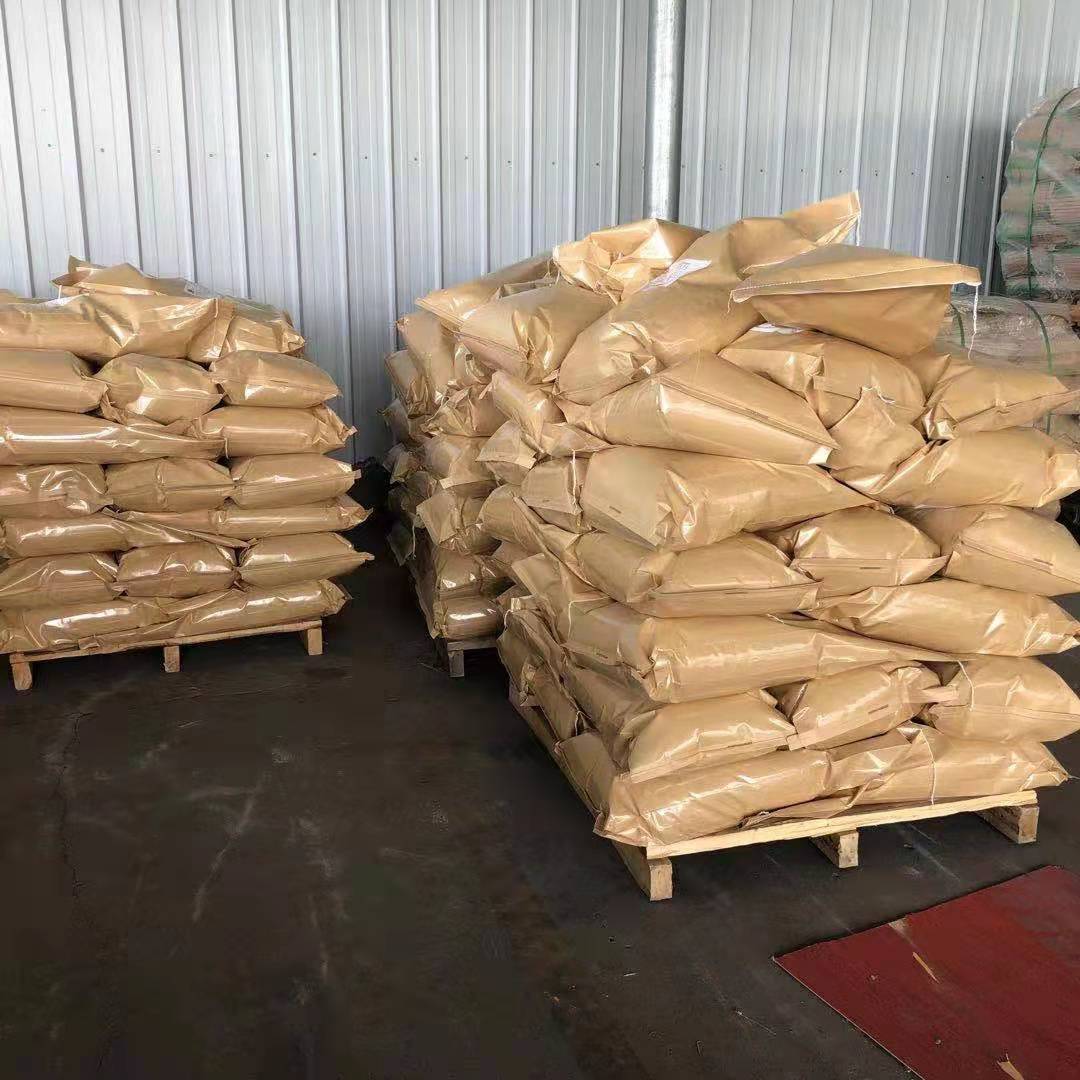
Dec . 11, 2024 10:14 Back to list
high quality organic calcium fertilizer for plants
High-Quality Organic Calcium Fertilizer for Plants An Essential Guide
Calcium is a vital nutrient for plant growth and development. Often regarded as the backbone of a flourishing garden, calcium plays a significant role in various physiological processes within plants. Its presence helps strengthen cell walls, aids in nutrient uptake, and promotes overall plant health. For these reasons, the use of high-quality organic calcium fertilizers is essential for anyone looking to cultivate a thriving garden or farm. In this article, we will explore the importance of calcium, the benefits of using organic fertilizers, and how to select the best product for your plants.
The Role of Calcium in Plant Health
Calcium is crucial for several reasons. It is primarily responsible for the structural integrity of plant cells, helping to maintain their rigidity and prevent collapse. Without adequate calcium, plants can suffer from issues like blossom end rot in tomatoes and peppers, tip burn in lettuce, and poor fruit quality. Furthermore, calcium helps in the regulation of various processes, including enzyme activity, hormone signaling, and the transportation of other nutrients within the plant.
A deficiency in calcium often manifests in stunted growth, weak stems, and susceptibility to pests and diseases. This highlights the necessity of ensuring that your plants receive an adequate supply of this essential nutrient.
Why Choose Organic Calcium Fertilizer?
When it comes to fertilization, organic options have gained considerable popularity for several reasons
1. Natural Composition Organic calcium fertilizers are derived from natural sources such as crushed eggshells, limestone, or oyster shells. They release nutrients slowly, which helps to minimize nutrient runoff and leaching, promoting sustainable soil health.
2. Soil Health Organic fertilizers improve soil structure, enhance microbial activity, and increase the availability of nutrients to plants. This leads to healthier soil ecosystems, which is crucial for maintaining plant vitality over the long term.
3. Reduced Chemical Exposure Using organic fertilizers minimizes the risk of chemical residues that can have detrimental effects on both plant health and the environment. This is particularly important for those growing edible crops, as using organic inputs leads to safer and tastier produce.
4. Sustainability Organic farming practices contribute to the overall health of the ecosystem. By choosing high-quality organic calcium fertilizers, gardeners can support sustainable practices, improve biodiversity, and promote environmental stewardship.
high quality organic calcium fertilizer for plants

Choosing the Right Organic Calcium Fertilizer
When selecting an organic calcium fertilizer, there are several factors to consider
1. Source Material Look for products made from reliable and sustainable sources. Popular organic calcium fertilizers include dolomitic lime, gypsum, and crushed oyster shells. Each of these offers different benefits, so understanding your soil's specific needs is critical.
2. Nutrient Content Not all organic fertilizers are created equal. Check the product label for the calcium content as well as the presence of other beneficial nutrients like magnesium and sulfur, which can further enhance plant health.
3. Application Method Some organic fertilizers are best applied in granular form, while others may be suitable for foliar applications or as soil amendments. Consider your gardening practices and choose a product that aligns with your preferred application method.
4. Local Availability Sourcing locally can often lead to better options regarding freshness and sustainability. Additionally, local products may be better suited to your specific soil and climate conditions.
Application Tips for Organic Calcium Fertilizers
To ensure optimal results, follow these application tips
- Conduct a soil test to determine calcium levels and identify any deficiencies. This will help you tailor your fertilizer choice to meet your plants' needs accurately. - Apply calcium fertilizers in the fall or early spring to allow time for soil absorption before the growing season begins. - Monitor your plants regularly for any signs of nutrient deficiency, and adjust your fertilization practices as needed.
Conclusion
In the quest for healthier, more productive plants, high-quality organic calcium fertilizers stand out as an essential component. They not only provide plants with the necessary calcium for robust growth but also support sustainable agricultural practices and enhance soil health. By understanding the importance of calcium, recognizing the benefits of organic fertilizers, and choosing the right products, gardeners can create thriving ecosystems that yield bountiful harvests.
-
10 10 10 Fertilizer Organic—Balanced NPK for All Plants
NewsJul.30,2025
-
Premium 10 10 10 Fertilizer Organic for Balanced Plant Growth
NewsJul.29,2025
-
Premium 10 10 10 Fertilizer Organic for Balanced Plant Growth
NewsJul.29,2025
-
Premium 10 10 10 Fertilizer Organic for Balanced Plant Growth
NewsJul.29,2025
-
50 Pound Bags of 13-13-13 Fertilizer for All Plants – Bulk & Organic Options
NewsJul.28,2025
-
High-Efficiency 15-30-15 Granular Fertilizer for Healthy Crops
NewsJul.28,2025
